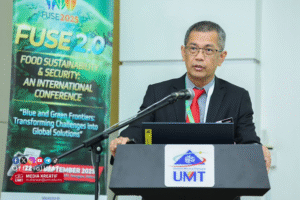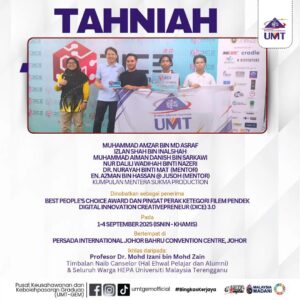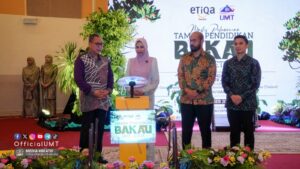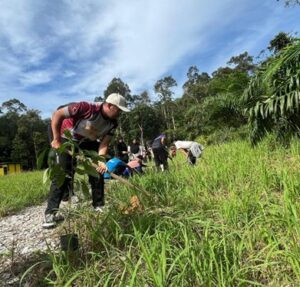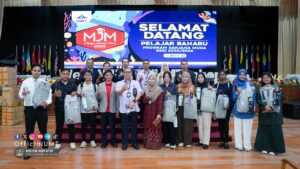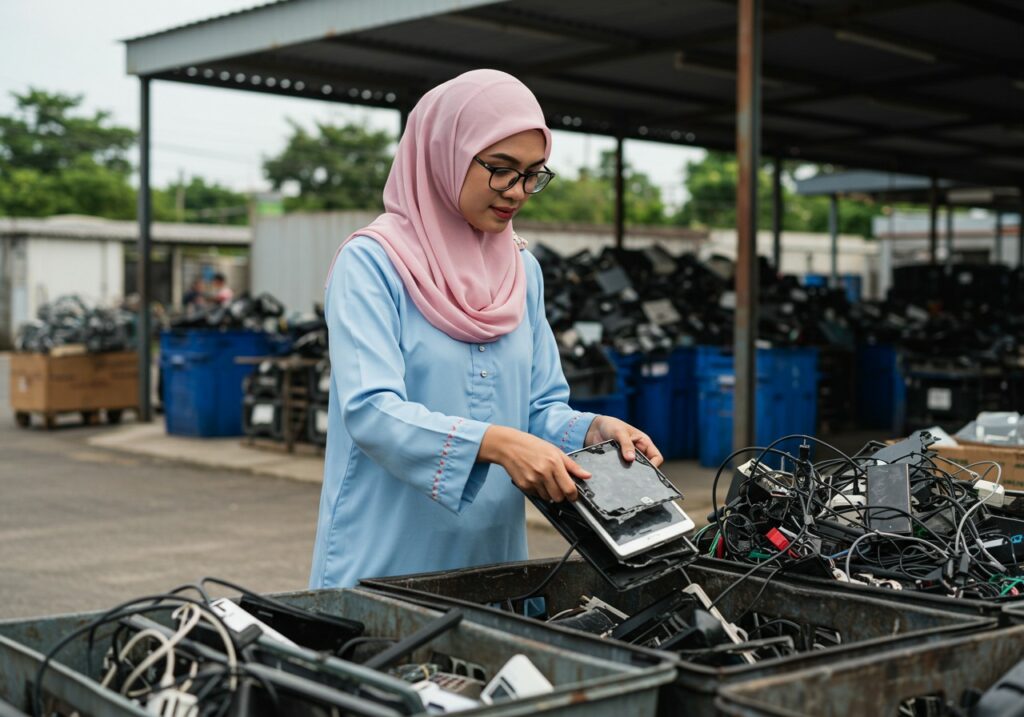
e-waste needs to be well-managed
Tuesday, 18/02/2025
Share This Article :
In the digital era that keeps on advancing, the use of electronic gadgets has become a necessity in everyday life. However, behind this progress, there exists a big issue being ignored, which is imprudent management of electronic waste or e-waste. Poorly handled e-waste may lead to unwanted impact on the environment, human health, and the country’s economy in the long run.
Recently the country was hit with a media report regarding e-waste processing by an illegal factory, which led to a discovery of 50 tons of bullets and bullet casings following a raid by the Middle Brigade General Operations Force in collaboration with the Air Operations Force and the Department of Environment. The authorities believed that the items were smuggled from another country.
If this matter is ignored without any preventive measures, there will be many negative impacts and threats to health and the environment.
According to Dr. Izan Jaafar, Analytical and Environmental Chemistry lecturer with the Faculty of Science and Marine Environment, UMT, Malaysia classifies e-waste as dangerous waste.
“In the context of Malaysia, it is classified as scheduled waste with the code SW110. Scheduled waste is any waste listed in the First Schedule, Environmental Quality (Scheduled Wastes) Regulations 2005, Environmental Quality Act 1974”.
“E-waste contains several harmful substances, such as lead, mercury, cadmium, and other chemicals that can pollute the soil and water sources if not properly handled. When devices such as mobile phones, computers, and televisions are not properly disposed of, the toxic substances penetrate into the soil and underground water, causing pollution difficult to overcome. In fact, open burning of e-waste for the purpose of disposing of can lead to the release of a toxic gas that can pollute the air and contribute towards climate change”.
Dr. Izan also explained that e-waste management needs to comply with the policies enforced by the Department of Environment.
“To date, e-waste management is under monitoring of the Department of Environment. Consumers need to separate e-waste from other general house waste. Disposal of e-waste needs to be carried out by contractors/vendors who have registered as agents to collect, transport, and bring the waste to a processing facility approved by the Department of Environment,” she said.
The chemical substances in e-waste not only affect the environment but also human health. Workers at e-waste landfills or those handling e-waste unsafely may experience breathing problem, internal organ damage, and nervous system disruption. Studies have shown that long-term exposure to heavy metals, such as lead and mercury, may lead to cognitive problems, child development disruption, and chronic illness risks.
If the quantity of e-waste exceeds the capacity of facilities approved for e-waste processing, there will be a surplus of e-waste that can lead to negative impacts.
Dr. Izan added that facilities not approved by the Department of Environment may potentially cause water, soil, and air pollution due to waste storage not in compliance with the set standards.
“This pollution will lead to issues affecting human health and the ecosystem”.
From the aspect of economy, unsystematic e-waste management can cause the country to suffer great loss. Many of the discarded electronic components can still be recycled and reuse in manufacturing industry.
Dr. Izan said e-waste contains valuable components that can be reused, including metal, plastic resin, and glass that can be reprocessed and used to build other products.
“If managed properly, the e-waste recycle industry may potentially become a sustainable and profitable economic sector”.
It is important for all parties need to be aware and responsible in order to overcome this issue. Consumers must play their role by recycling old devices through a proper channel, while the authorities must tighten the laws regarding e-waste management.
Through a collective effort, we can ensure e-waste is better managed to protect the environment, human health, and achieve economic sustainability for the country.
Prepared by:
Amirul Salam Hasan
Corporate Communications Office
Universiti Malaysia Terengganu
Published by:
Corporate Communications Office
Universiti Malaysia Terengganu





